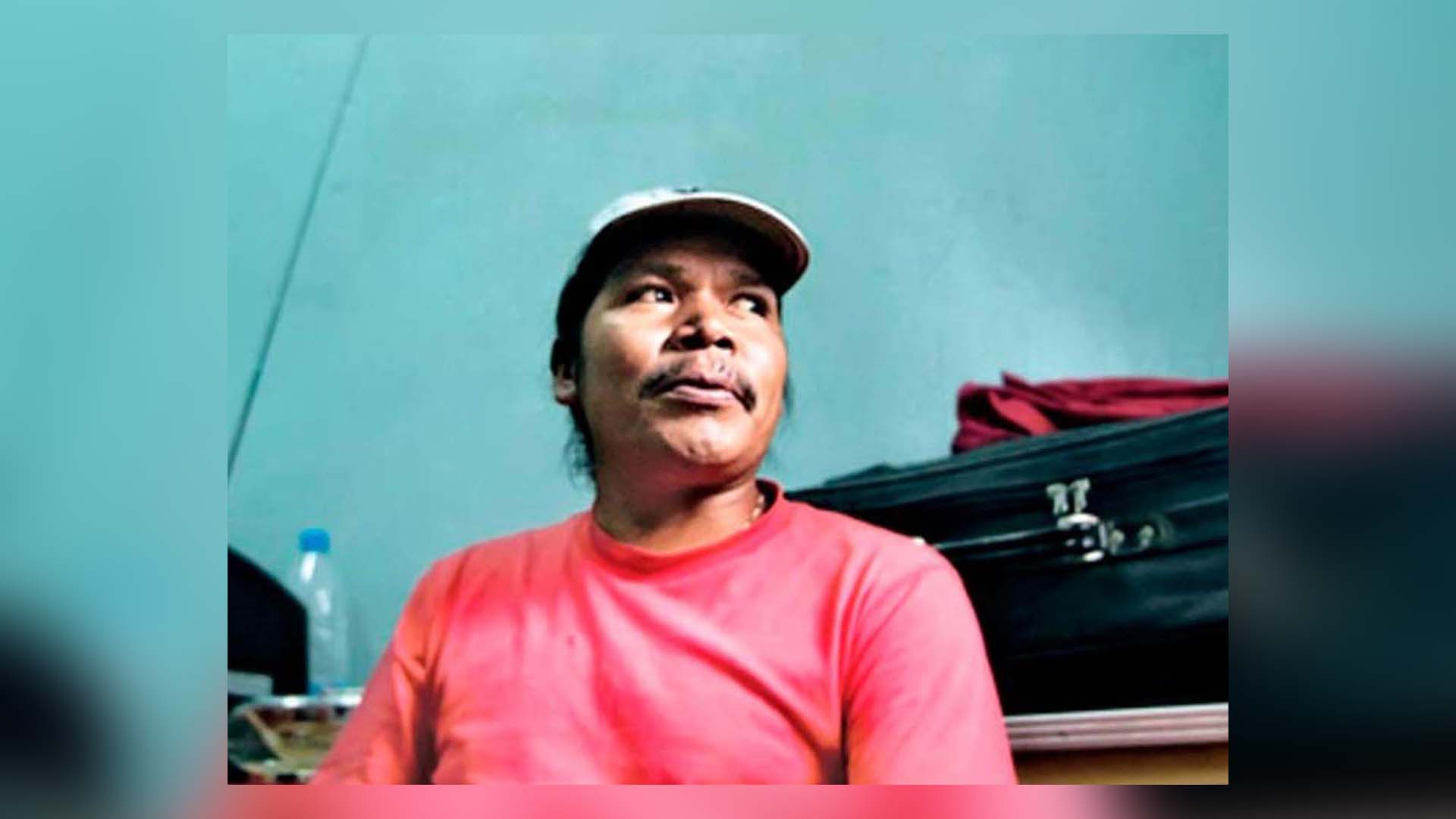- This is the third murder against the Baldenegro family, renowned defenders of the forest.
- Mexico must ensure justice and effective protection measures for all the members of the Raramuri community of Coloradas de la Virgen.
- Mexico, a State Party to various international and regional human rights instruments, including the Escazú Agreement, must fulfill its international commitments for the protection of the human rights of Indigenous Peoples’ defenders.
The Indigenous Peoples Rights International (IPRI) expresses its deep concern over the killing of the indigenous Raramuri defender José Trinidad Baldenegro and for the safety of his family and his community, Coloradas de la Virgen, in the northern state of Chihuahua.
According to information released by the state attorney’s office, José Trinidad Baldenegro was shot on the outskirts of his home on March 7, 2022. After he was killed, a group of armed men demanded the family to abandon their house, threatening them with death if they do not do so. The family escaped to the forests to protect themselves while the family house was burned down.
The Baldenegro family is well-known for their struggle against deforestation and drug crops in the Tarahumara Sierra. In 1986, Julio Baldenegro, father of José Trinidad, was shot and killed. In 2017, Julio’s other son, Isidro Baldenegro, a 2005 Goldman Prize awardee, was shot dead.
The Raramuri and Odami peoples of Coloradas de la Virgen, in the municipality of Guadalupe y Calvo, have been demanding the legal recognition of their territory since the 1930s. In addition, they have been fighting for the defense of the forest.
In more recent times, territorial disputes between organized crime groups have increased violence against Raramuri and Odami Peoples and human rights defenders.
In 2019 alone, at least 100 families (300 people) were reported to have been forcibly displaced from that municipality due to the increasing violence in that area of the Tarahumara Sierra.[1]
The defense of the territory occurs in a scenario of impunity from the actions of illegal loggers and members of criminal organizations and the negligence of authorities at all levels of government. The Raramuri and Ódami communities currently have a legal demand requesting the cancellation of forest harvesting permits.
Since 1973, at least 17 members of the community have been murdered for defending their territory. Most of those murdered occupied positions of authority in their communities. Some of these attacks occurred despite the victims being part of the federal government's protection mechanism for defenders and journalists.
The Inter-American Commission on Human Rights (IACHR) recently issued the report on admissibility of the Petition 2106-12. Huitosachi, Mogotavo and Bacajipare Communities of the Raramuri indigenous peoples.[2] It declared, among others, the admissibility of rights to life, to property, the respect of rights, and State’s duty to obtain free, prior and informed consent from indigenous peoples.
These cases exemplify the underlying problems, actions and omission by the State of Mexico which are resulting in the violation of Indigenous Peoples’ rights and the criminalization and murder of their defenders.
Given this alarming situation, IPRI calls on the Mexican government to:
- Undertake a prompt and objective investigation to ensure justice for all the killings against the indigenous peoples of Coloradas de la Virgen, particularly the case of José Trinidad Baldenegro.
- Take remedy and protective measures for all the Coloradas de la Virgen indigenous inhabitants, especially for the Baldenegro family.
- Ensure conditions for the safe and dignified return of displaced families, particularly the Baldenegro family.
- Take effective measures to stop further crimes against indigenous peoples of Coloradas de la Virgen.
- Comply with its international obligations regarding the full protection and recognition of the rights of Indigenous Peoples to land, territories, and resources and to self-determination.
- Fulfill its international commitments for the protection of environmental defenders, as State party to the Escazú Agreement.
-----
[1] Comisión Mexicana para la Defensa y Promoción de los Derechos Humanos. “Episodios de Desplazamiento Interno Forzado Masivo en México: Informe 2019”, March 2022. https://bit.ly/3ta7Yvc
[2] IACHR, Report No. 279/21, Petition 2106-12. Admissibility. Huitosachi, Mogotavo and Bacajipare Communities of the Raramuri indigenous peoples. Mexico. October 29, 2021. This report asserts violation of rights to collective property, self-determination, and to participation in the decisions and economic benefits of the “Barrancas del Cobre” tourism project. Available at: https://bit.ly/3KG6puY


%2020.49.20.png)
